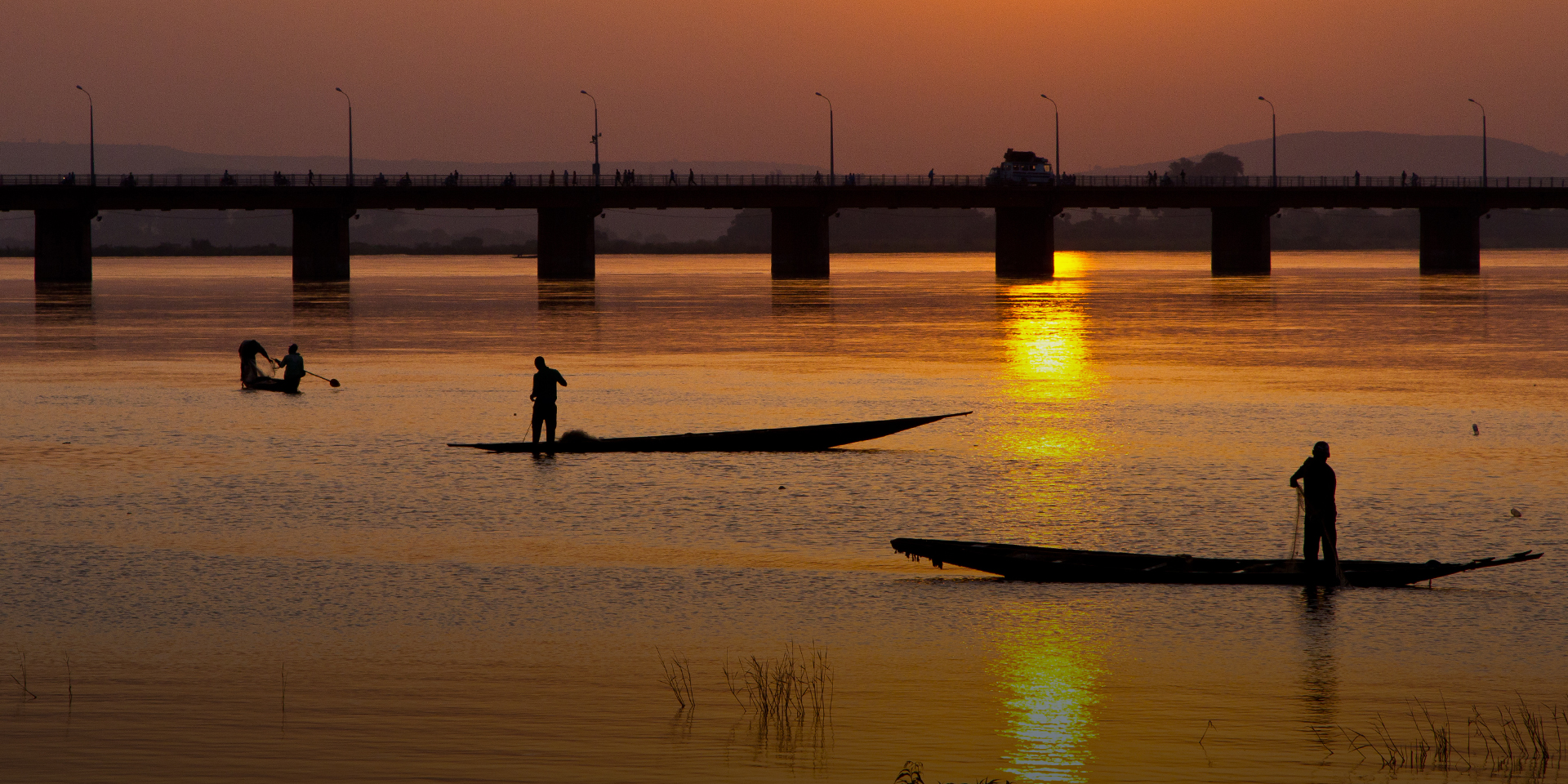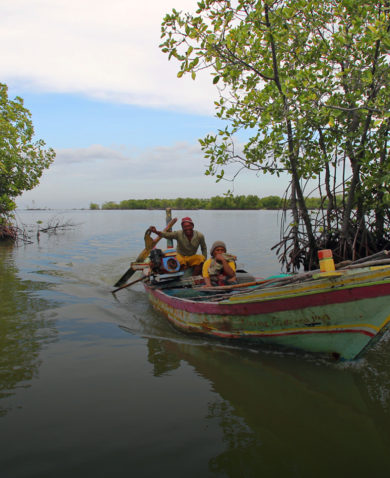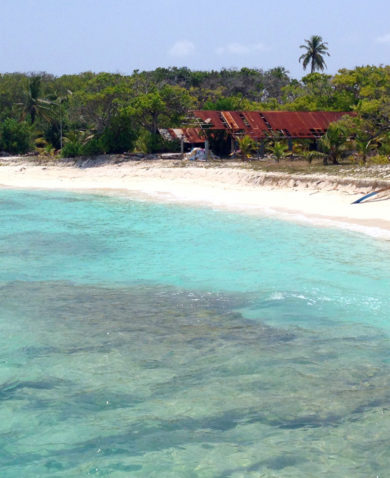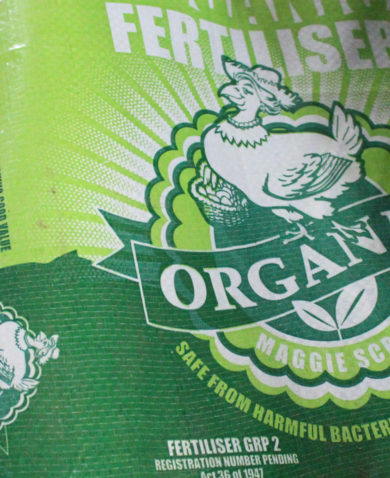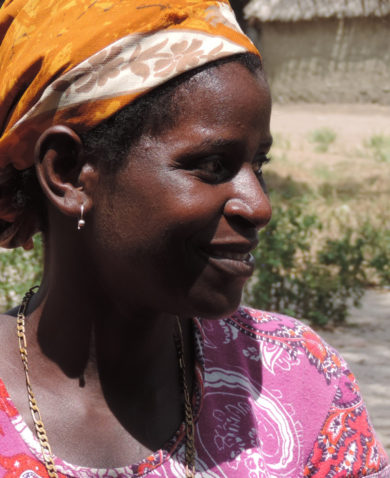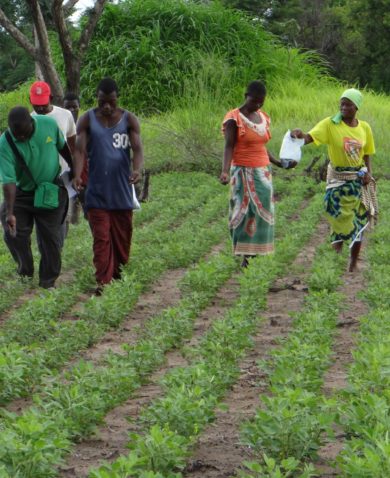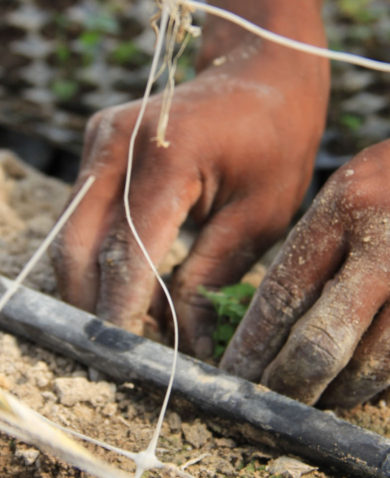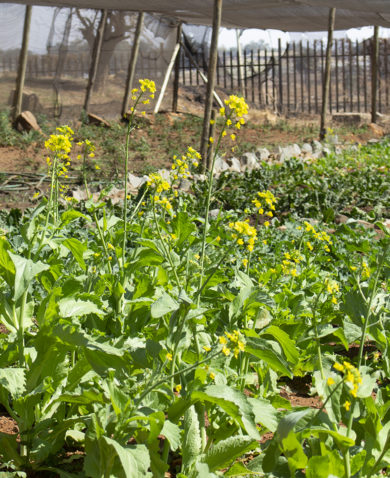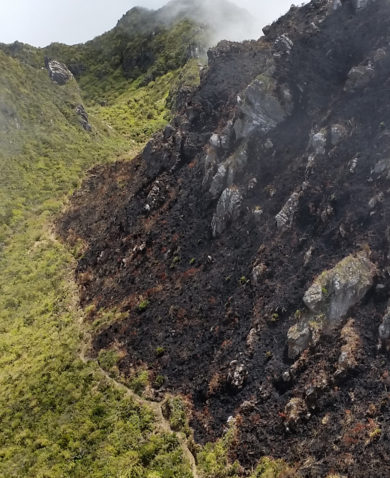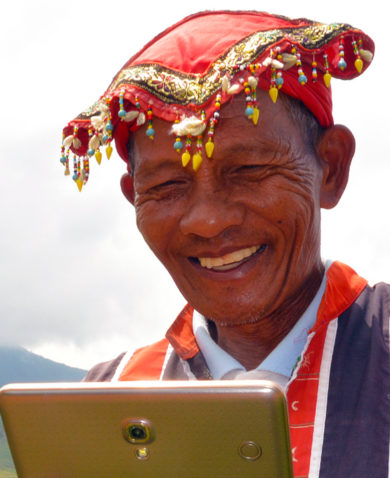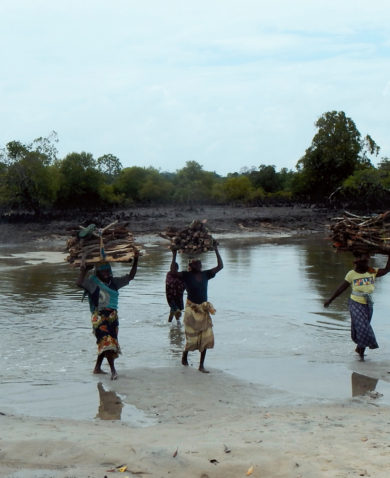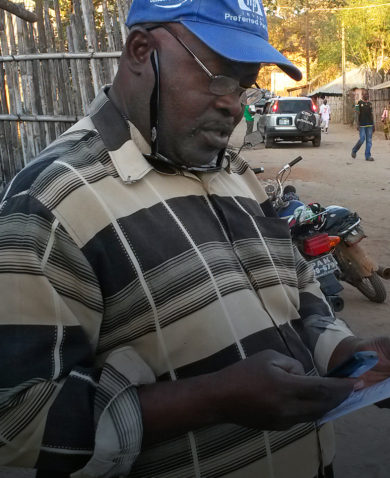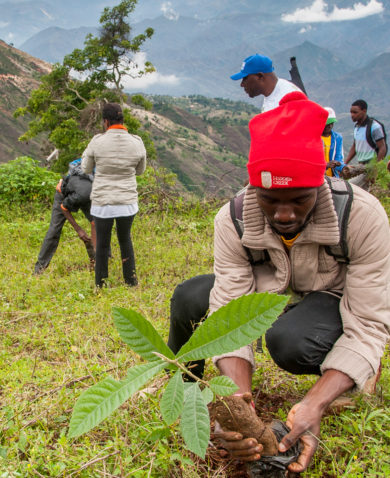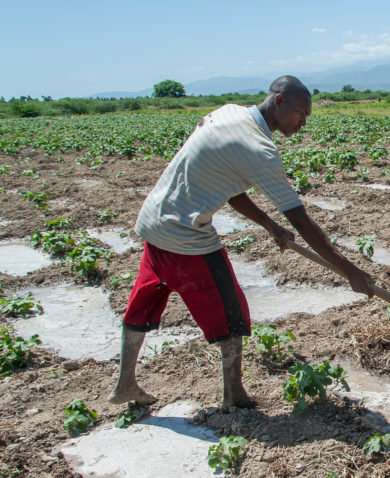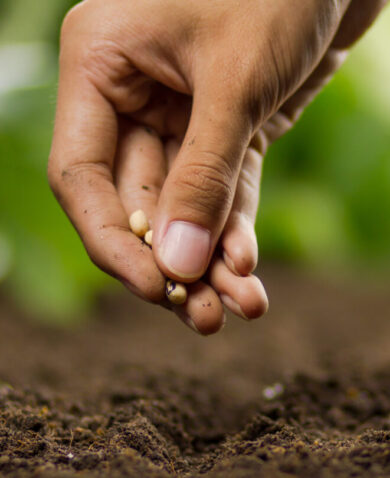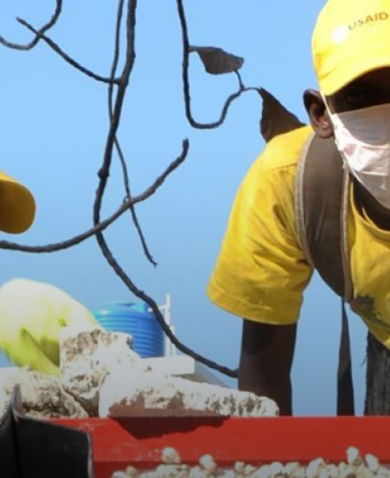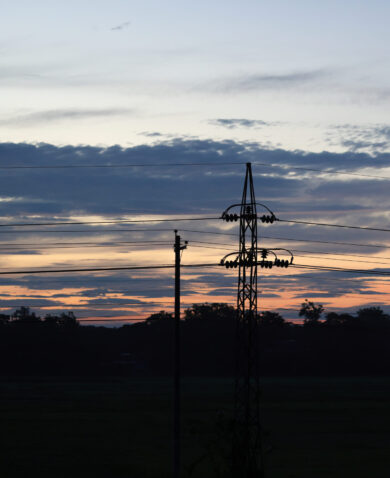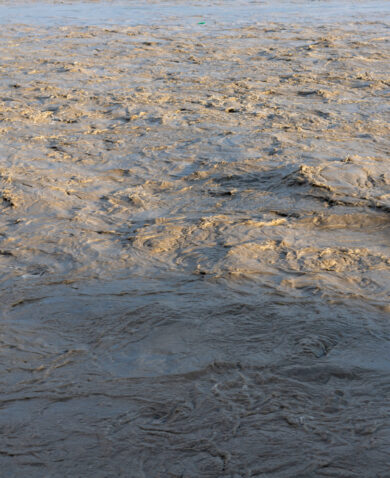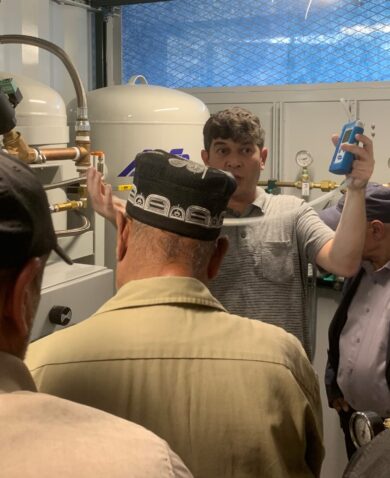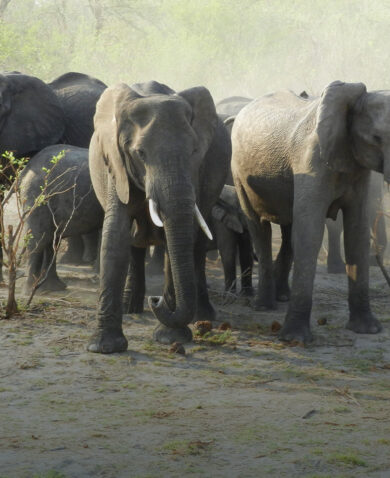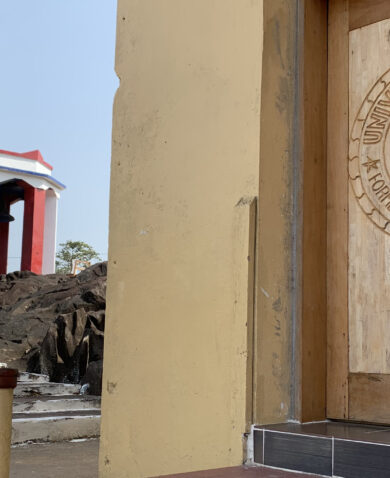Mali Climate Change Adaptation Activity (MCCAA)
Mali is particularly vulnerable to the impact of climate change: Its rainfall has decreased by an estimated 30 percent since the 1980s, and the livelihoods of 80 percent of the population depend on farming. The USAID Mali Climate Change Adaptation Activity (MCCAA) partnered with Mali’s National Meteorological Agency, known as “Mali Météo,” to create community-based systems that responded effectively to climate change. MCCAA increased vulnerable groups’ access to accurate, timely climate data and their understanding of how to use it. In doing so, MCCAA equipped these groups to adapt to fluctuations in temperature, rainfall, and other extreme climate patterns and to make well-informed decisions pertinent to their livelihoods. Additionally, MCCAA worked with local governments to apply the participatory Climate Proofing for Development methodology, supported their development of climate change adaptation plans, and assisted them with integrating these plans into their broader five-year development plans. By viewing development through the lens of climate change, local governments can enable their constituents to pursue livelihood activities that will enhance their climate resilience.

